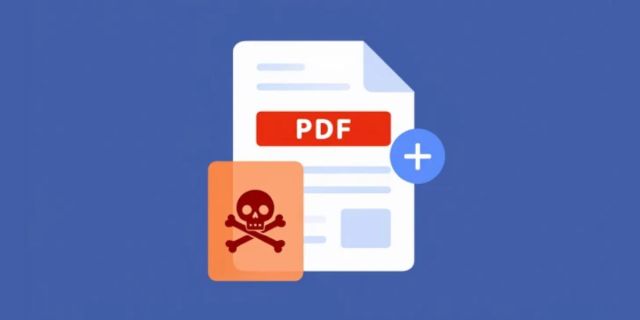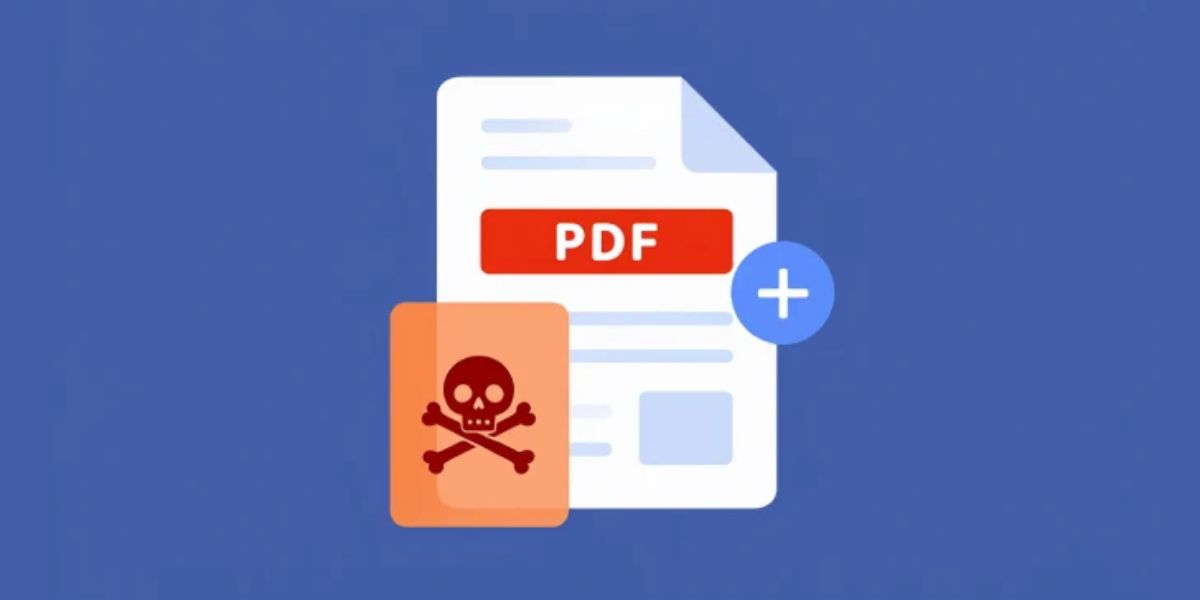
Security researchers have issued a major cybersecurity alert following the discovery of a malicious campaign dubbed TamperedChef, which uses a trojanized version of the legitimate AppSuite PDF Editor to distribute malware. The campaign, which was observed activating its malicious features on August 21, 2025, leverages remote JavaScript-based updates to deliver information-stealing payloads, posing a significant risk to individual users, enterprises, and government networks.
The Sophisticated TamperedChef AppSuite Attacker
The supply-chain attacker preys on user trust by distributing a seemingly functional PDF editor. However, embedded within the software is a dormant malicious script. The attackers heavily promoted the fake PDF editor through Google ad campaigns and fraudulent websites to maximize downloads.
The malware initially lies dormant. The campaign’s operators waited 56 days before activating the malicious payload via a remote update mechanism, maximizing the number of compromised systems before the true intent was revealed.
Once triggered, TamperedChef establishes a command-and-control (C2) connection, allowing attackers to exfiltrate sensitive data, including:
- Credentials and cookies
- System information and security tool details
- Active browser sessions, by forcibly terminating browsers to access locked data
Threat to Enterprises and Governments
Security experts warn that TamperedChef is more than a simple information stealer. It is a potential initial access vector for sophisticated threat actors. By leveraging compromised machines, attackers can infiltrate corporate and government networks, enabling larger-scale data exfiltration and broader exploitation.
The malware’s ability to deliver secondary payloads, including spyware or ransomware, poses a severe integrity and availability risk to targeted organizations.
Key Recommendations for AppSuite Malware Mitigation
In response to the TamperedChef threat, cybersecurity analysts are urging organizations to take immediate action:
- Verify Software Integrity: Only download software from official vendor websites and verify digital signatures to ensure the authenticity of the publisher.
- Strengthen Network Monitoring: Deploy Endpoint Detection and Response (EDR) solutions and monitor for abnormal network activity, particularly C2 communications and attempts to terminate browser processes.
- Enhance Application Control: Implement application allow-listing and enforce strict installation policies for third-party software to prevent unverified tools from executing.
- Educate Users: Train employees on the risks of malvertising and fraudulent software to reduce the likelihood of initial infection.
- Secure Access: Enforce multi-factor authentication (MFA) for critical accounts and review access controls to mitigate the impact of stolen credentials.
The TamperedChef campaign serves as a stark reminder of the escalating sophistication of supply-chain attacks. As threat actors continue to evolve their tactics, organizations must proactively adapt their security strategies to protect against emerging and elusive threats.
